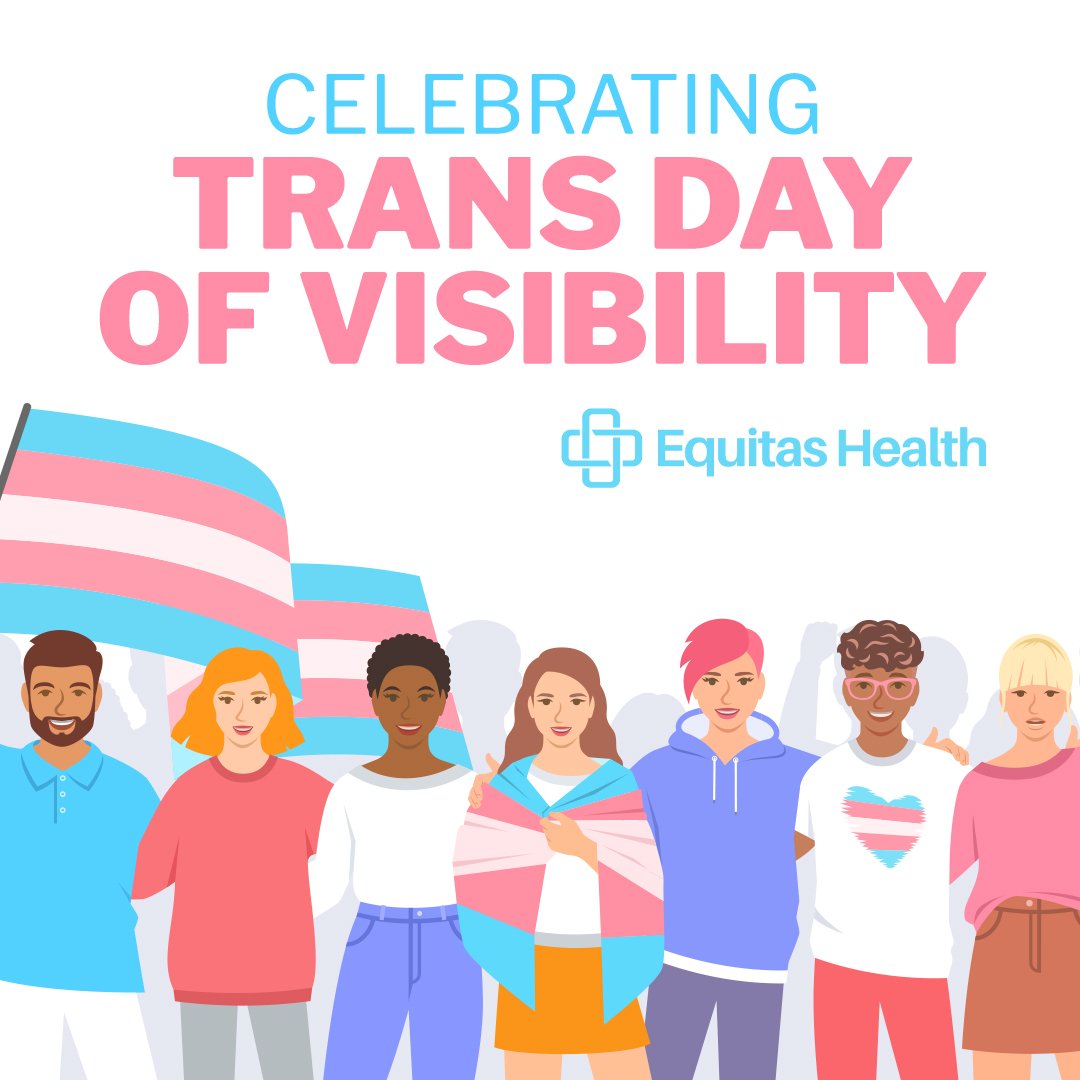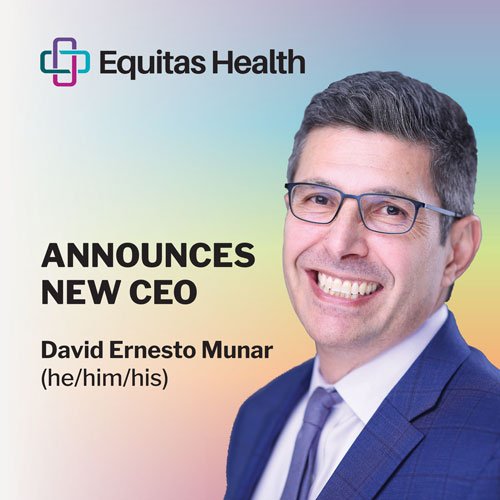Blog 3/23/20
This week, as we celebrate LGBTQ+ Health Awareness Week, the staff of our LGBTQ+ affirming medical centers is busy converting to telehealth for all new and scheduled in-office appointments. In order to facilitate the ‘social distancing’ necessary to prevent the spread of COVID-19, for the next 90 days all patient appointments will be conducted via telehealth, unless the provider determines that an in-office visit is medically necessary. Our clinical staff is contacting all patients to make sure they are able to connect to care through their MyChart accounts for their virtual medical and psychiatry visits, and by phone or video conference for therapy appointments.
We’re here. We’re Queer. We would like to schedule a telehealth appointment.
Telehealth has long been used to provide health care to prison inmates, military personnel, and people in rural areas who live considerable distances from large regional health care facilities. It is time to add the LGBTQ+ community to the list of populations most engaged in telehealth services. A recent Williams Institute study found that only 13% of lesbian, gay, and bisexual people have used an LGBTQ+ health center, while 52% would use one if they could. The study also found Black and Latinx respondents were three times as likely to be interested in visiting a queer health center than white respondents. Telehealth can solve issues of access and convenience faced by LGBTQ+ people who lack reliable transportation, live greater distances from an LGBTQ+ community health center, and for whom going to the doctor is more likely to cause a loss of wages. Also, for those uncomfortable with the visibility of a queer community center waiting room, telehealth stops stigma from preventing access to necessary care and services.

Blog 3/29/24
Equitas Health is pleased to announce that a collective bargaining agreement has been reached with Equitas Health Workers United Local #6609. Members of the bargaining unit voted this week, and the result was resounding support for ratification of the agreement.

Blog 3/25/24

Blog 3/1/24

Blog 2/27/24

Blog 2/26/24

Blog 1/30/24
Excuse me. A virtual what?
A virtual doctor’s appointment sounded about as feasible to me as a virtual trip to the barber. How do you provide such a high-touch service, like healthcare, without the touch? The answer is telehealth. Telehealth is the delivery of health care, provider and patient health education, health information services, and self-care via a broad array of remote technologies. Live video conferencing, mobile health apps, “store and forward” electronic transmission, and remote patient monitoring can all be used to transform a traditional doctor’s appointment into a virtual telehealth appointment.[1]
Massachusetts General, the largest teaching hospital of Harvard Medical School, has been using telehealth to treat patients since 2012. They now offer telehealth appointments in the fields of cardiology, neurology, oncology, primary care and psychiatry.[2] Equitas Health patients already participate in telehealth every time they log into MyChart to schedule an appointment or access lab and test results after one. If you monitor your steps, heart rate or food intake using your smartphone or a wearable device, that’s telehealth too. Electrocardiograms can be performed in 30 seconds with a wearable device and an Apple Watch!
Many aspects of healthcare still require in-person appointments and interactions. The goal of telehealth is to reduce the number of non-essential in-person interactions to increase convenience, compliance, and access while decreasing cost and time spent away from work. There is no time spent sitting in traffic, looking for parking or watching the clock in a waiting room with a telehealth appointment.
Does it work?
A Kaiser study surveyed almost 1,300 telehealth patients. The results were overwhelmingly positive:
A Massachusetts General study found similarly favorable results. Telehealth appointments are especially useful when commutes to appointments are costly or inconvenient. Patients also appreciate the uninterrupted time with providers. Ninety-five percent of a telehealth appointment is spent face-to-face with a physician vs. 20% during a traditional appointment. Clinicians noted faster scheduling of appointments and higher visit efficiency. While clinicians acknowledge telehealth is not the best option for every visit, they deemed it highly effective under the right circumstances.
Telehealth Today
Today those circumstances include treating patients during a highly contagious global pandemic. With governors issuing stay-at-home orders and confirmed cases climbing exponentially, the need for ‘social distancing’ is particularly urgent in healthcare settings. Healthcare providers are the most important line of defense against the potentially devastating effects of COVID-19. They are also the most vulnerable and exposed. Anything that limits their exposure could save lives.
The Future of Telehealth?
Even after we flatten the curve, COVID-19 will have widespread and long-lasting effects on every aspect of our lives. How we work, learn, shop, and socialize will never be the same. Whether fear of future outbreaks or convenience, familiarity, and access keeps them at home, brick and mortar retail will have to lure a whole new generation of COVID-19 online shoppers back to its doors. Inevitably, consumer demand for virtual healthcare experiences will grow as well.
With every technological advance, medical breakthrough and new generation of digital natives, telehealth will have an increased role in the healthcare experience. Today, telehealth is essential to the fight against a global pandemic. Tomorrow, telehealth might prove invaluable in fulfilling Equitas Health’s mission to provide care for all.
[1] https://catalyst.nejm.org/doi/full/10.1056/CAT.18.0268
[2] https://www.ortholive.com/blog/what-do-patients-say-about-telemedicine